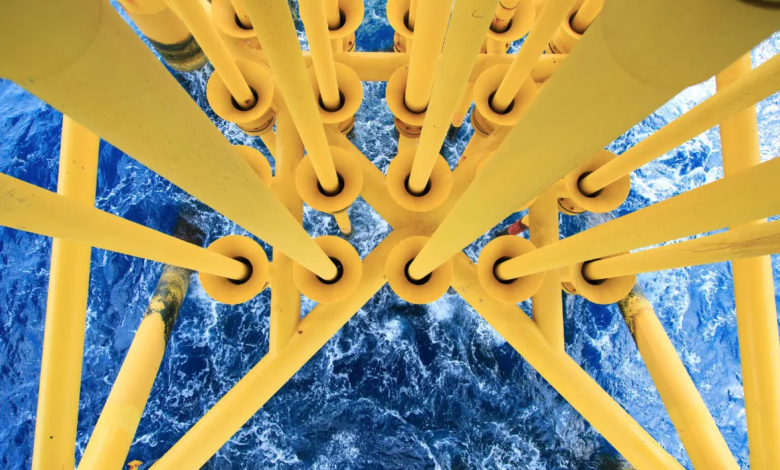Endangered whale decides to stop drilling in the Gulf of Mexico
The new concessions contain 1 billion barrels of oil and 125 bcm of ga
– First the postponement, then the reduction of the new concessions and now the freezing of the auctions. The stop to drilling in the Gulf of Mexico comes at the decision of the Bureau of Ocean Energy Management, the US office that deals with the planning, evaluation and announcement of the auctions for the extraction of hydrocarbons in American waters. But it also has the task of protecting coastal and aquatic ecosystems.
And it is precisely for this last reason that federal officials have decided to stop the upcoming batch of rods for new drills. New operations in those waters would put in great danger a species of cetacean at extreme risk of extinction discovered just two years ago. This is the whale of Rice, of which there are estimated to be only 50 specimens. Which makes it one of the most endangered marine species in the world.
The controversial story of new drilling rigs in the Gulf of Mexico
It is not the first time, in recent months, that there has been a stop to drilling in the Gulf of Mexico. The Biden administration had tried to cancel plans to fulfill the electoral promise not to give new oil and gas concessions on areas of federal competence. But a court had forced the White House to turn around. To comply, Biden incorporated the plan into the Inflation Reduction Act, the measure by which the US government set the new trajectory for the energy transition.
read also Phantom emissions from the Gulf of Mexico: oil & gas pollutes 2 times more than it claims
The auction plan originally formulated in March provided for a ban on mining rights in an area of 30 hectares. A first legal dispute, in September, had led to a downsizing of the plan to 27 hectares and to fix some restrictions on logistics. If fully exploited, the reserves contained in this portion of water could produce 1 billion barrels of oil and about 125 billion cubic meters of gas.
According to the latest update of the roadmap to stay on the right path towards 1.5 degrees, published in recent weeks by the International Energy Agency, In order to comply with the Paris Agreement, any new hydrocarbon extraction project worldwide must be stopped immediately.






